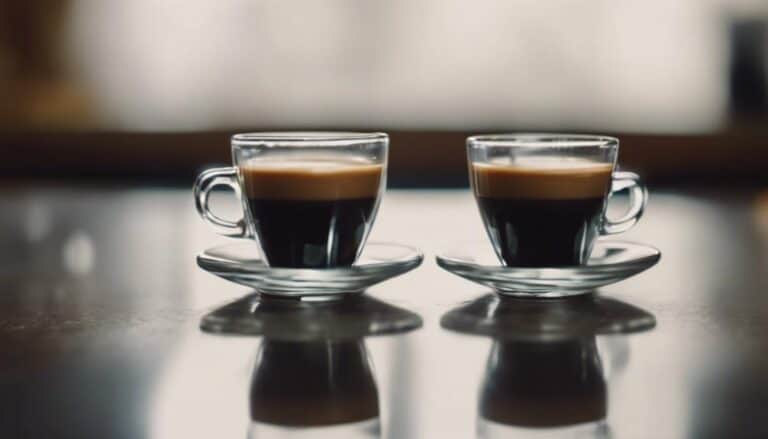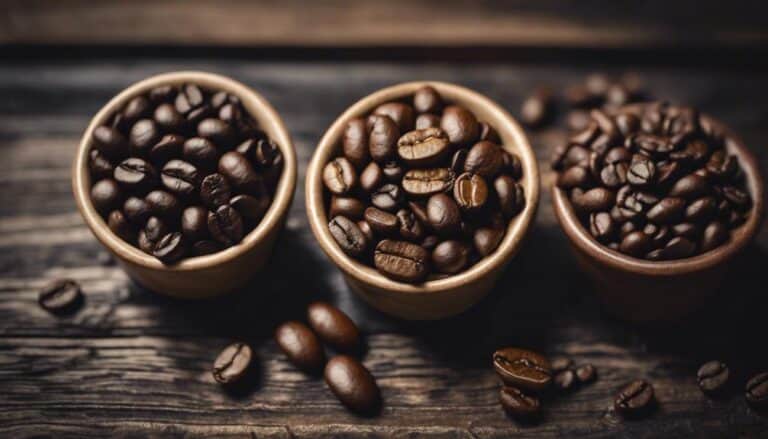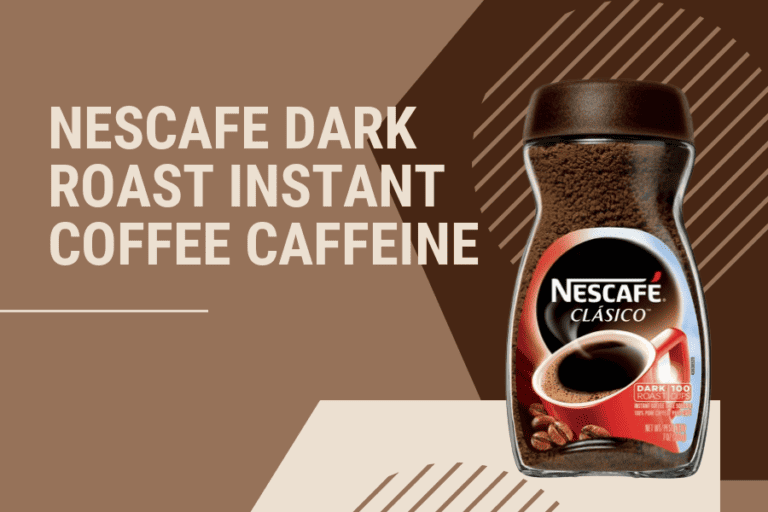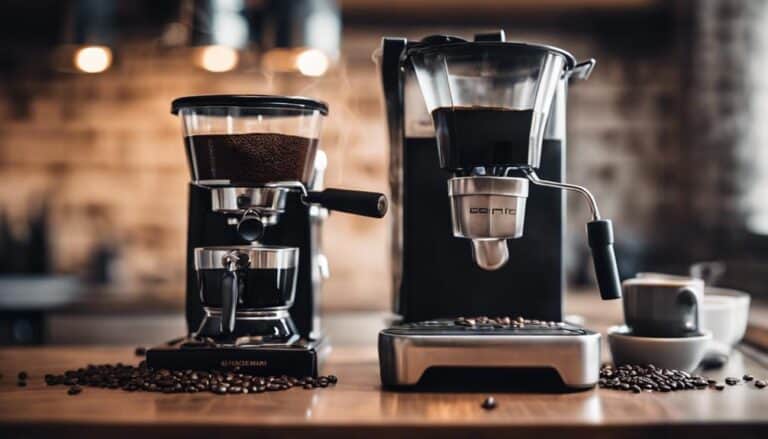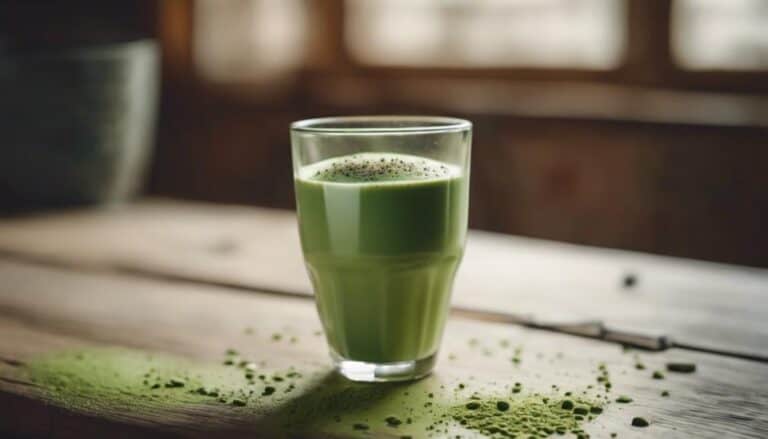What Are Boba Balls Made Of?
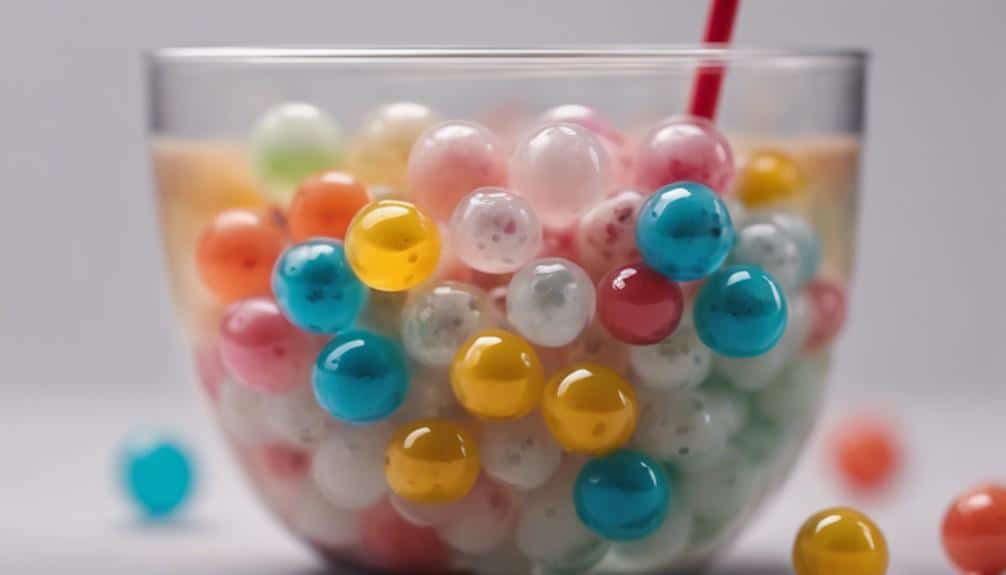
So, have you ever wondered what exactly boba balls are made of? Well, it's quite fascinating to discover the key ingredients that go into creating these delicious chewy pearls that we enjoy in our bubble tea. The process of making boba balls involves a few simple components that come together to form that iconic texture and flavor we all love. Let's unravel the mystery behind the composition of these delightful tapioca treats and explore how they contribute to the overall experience of sipping on a invigorating bubble tea beverage.
Origins of Boba Balls
In the 1980s, Taiwan pioneered the creation of boba balls, an integral component of the popular bubble tea trend. These chewy spheres are crafted from tapioca starch, a derivative of the cassava root. The process begins by shaping tapioca dough into small pearls, giving boba balls their distinctive appearance. Boiling these pearls with brown sugar is essential, as it not only sweetens them but also imparts the characteristic chewy texture that bubble tea enthusiasts adore.
Apart from the traditional brown sugar flavor, boba balls can be enhanced with various fruit purees or syrups, offering a spectrum of tastes to complement the tea. Taiwan's innovation in shaping tapioca dough into these delightful pearls has sparked a global craze for bubble tea, with boba balls being a central attraction. The origins of boba balls showcase the creativity and culinary expertise that have made Taiwan a pivotal player in the world of bubble tea.
Ingredients in Boba Balls
The composition of boba balls primarily consists of tapioca starch extracted from the cassava root. These tiny pearls are formed by a meticulous process that involves shaping the tapioca starch into small balls, which are then boiled with brown sugar to infuse them with their characteristic sweetness.
Variants like strawberry boba or mango boba are crafted by blending fruit puree or syrup into the tapioca mixture, enhancing both flavor and color. Some commercial chains opt for convenience by utilizing pre-made uncooked tapioca balls, while certain traditional bubble tea shops take pride in making their boba from scratch, ensuring quality and authenticity.
For those looking to enjoy boba at home, instant tapioca pearls are readily available for quick and hassle-free preparation. The magic of boba balls lies in the simplicity of their ingredients combined with the skillful art of crafting these chewy, sweet treats that have become a beloved component of bubble tea.
Making Process of Boba Balls
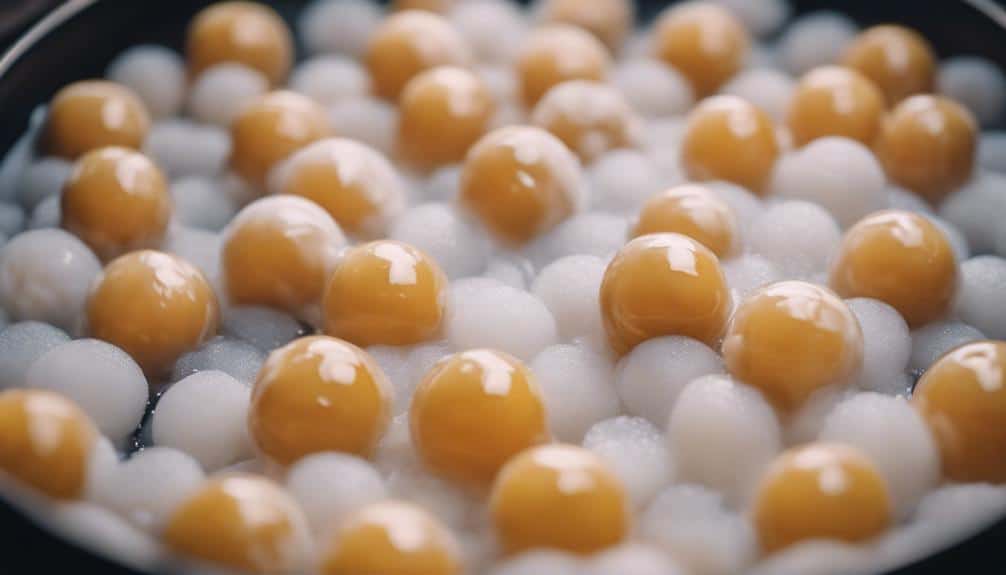
Crafting boba balls involves meticulously shaping tapioca starch into small pearls, followed by boiling them with brown sugar to achieve the desired chewy texture and sweetness. The process begins by mixing tapioca starch with water to form a dough, which is then rolled into small balls. These balls are cooked in boiling water for about 30 minutes until they float to the surface, indicating they're cooked. After cooking, the pearls are transferred to a brown sugar syrup mixture to soak and absorb flavor.
For fruit boba variations, fruit puree or syrup is added to the tapioca starch mixture before shaping the pearls. Some establishments opt for pre-made tapioca balls, while others prefer the homemade approach for a more authentic touch. Additionally, instant tapioca pearls are available for those seeking a convenient option for making boba at home. Regardless of the method chosen, the preparation process is essential in achieving the characteristic chewy texture of boba pearls.
Vegan Considerations for Boba Balls
Molding plant-based ingredients such as tapioca starch, water, and natural sweeteners transforms traditional boba balls into vegan-friendly alternatives without compromising taste or texture. These vegan boba balls cater to individuals following vegan, dairy-free, and gluten-free diets, offering a cruelty-free and ethical choice for bubble tea enthusiasts. Tapioca starch, the key component in boba balls, is naturally gluten-free and vegan, making it a suitable option for those with dietary restrictions.
Opting for vegan boba balls not only aligns with ethical values but also promotes sustainable food practices. By choosing cruelty-free alternatives, consumers actively support environmentally conscious decisions. Vegan boba balls are free from animal-derived products like gelatin, ensuring a guilt-free indulgence in bubble tea. Incorporating these plant-based boba balls into beverages not only provides a delicious treat but also contributes to a more compassionate and sustainable food industry. Choose vegan boba balls for a mindful and satisfying bubble tea experience.
Availability of Boba Balls
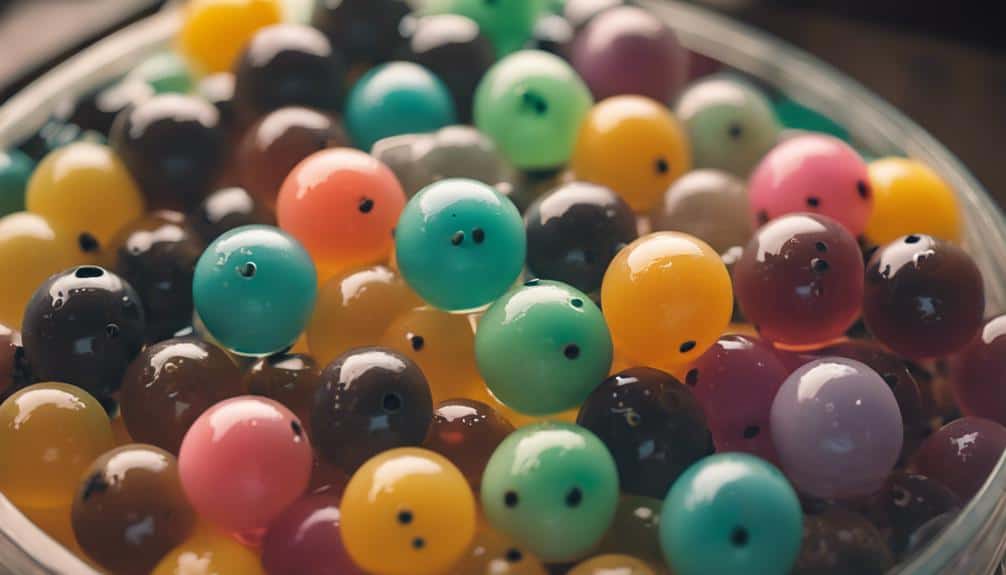
When seeking boba balls, one can conveniently find them online or at chain stores like Walmart. Local bubble tea cafes also offer boba balls as a topping option for those looking to customize their drinks.
DIY enthusiasts can explore online guides to make tapioca balls from scratch at home. For a more convenient option, pearl kits are available, providing all the necessary ingredients to prepare bubble tea with boba balls in the comfort of your own kitchen.
Boba pearls play an important role in the bubble tea experience, enhancing both the texture and flavor of the beverages. Whether through online orders, local bubble tea cafes, or chain stores, boba balls are readily accessible to cater to one's bubble tea cravings.
The availability of boba balls in various forms ensures that individuals can enjoy the unique experience they bring to bubble tea, whether they prefer to make it themselves or purchase it ready-made.
Conclusion
To sum up, boba balls are primarily made of tapioca starch and brown sugar, boiled to create their signature chewy texture and sweetness. These ingredients, derived from the cassava root, are key components in the creation of this popular topping for bubble tea beverages.
Whether made from scratch or purchased pre-made, boba balls offer a unique and delicious addition to drinks, making them a sought-after treat for many.
